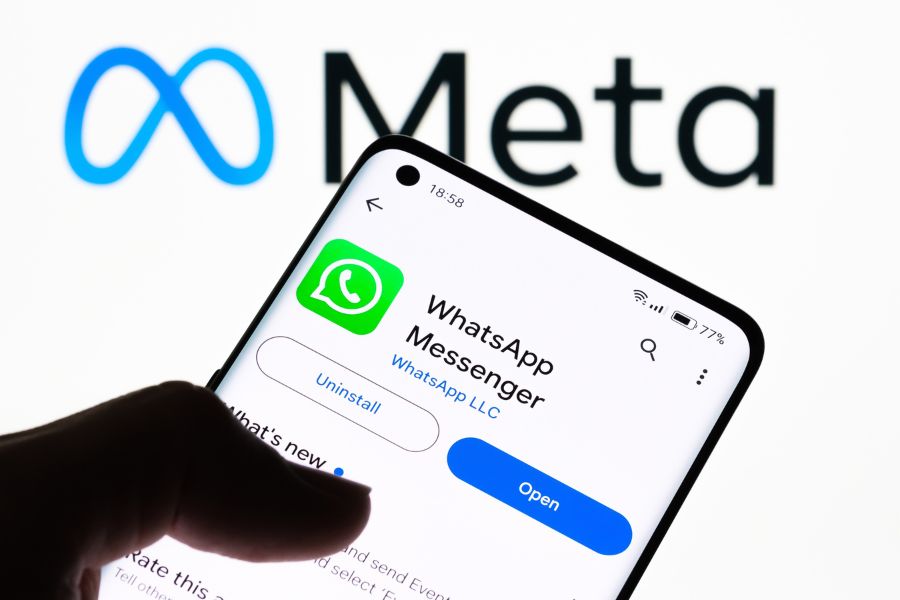Meta's WhatsApp ad policy fuels industry debate over alcohol and gambling
SOUNDING BOARD: Recent reports that Meta could allow alcohol and real-money gaming ads in India have fuelled widespread speculation in the advertising industry. Campaign turns to experts to explore the potential repercussions of such a decision.
by Little Yadav

To continue enjoying this content, please sign in below. You can register for free for limited further access or subscribe now for full access to all out content.
Sign In
Trouble signing in?
Register for free
✓ Access limited free articles each month
✓ Email bulletins – top industry news and insights delivered straight to your inbox
Subscribe
✓ All the latest local and global industry news
✓ The most inspirational and innovative campaigns
✓ Interviews and opinion from leading industry figures
